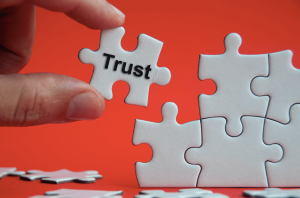Grieving is an abstract concept for most of us. We know what it is and that it is important but how to actually do it is less clear. I know that I cannot fully understand someone else’s grief and loss but I do know that having support is critical. As we pass the two year mark of this global pandemic I can see the collective grief the people in our communities are feeling. I can also see that some people have had to shoulder much more grief than others. Grief is a process that will be unique to you and take the time that it takes. In my experience when something has happened that we are powerless to change, our ability to accept (not like) what has happened is the key to moving forward – even if we move forward changed.
If you are trying to help someone important in your life with grief or loss I think it is helpful to start small and slow. You do not need to make an assumption about what your child, spouse, co-parent or friend needs – ask them what they need. You could ask, “What is one thing that I could do today or do differently today to help you.” Make sure the response is clear and actionable. If you are also struggling and you are trying to support another adult the actions could be reciprocal and you could suggest one thing the other person could start to do today and be open to hearing what you can do as well. From this dialogue next steps will appear and could involve other supports or professionals. When someone is lower functioning than typical for them, they likely don’t know what would ultimately help them but they might know one smaller step that could and if you can figure that out together you are on the right path.
The last few years have brought many challenges and one thing you could do today is to have more compassion for yourself and those around you.
This blog was written in response to a request to offer advice for families that are experiencing covid fatigue, grief and loss after two years of pandemic life.



